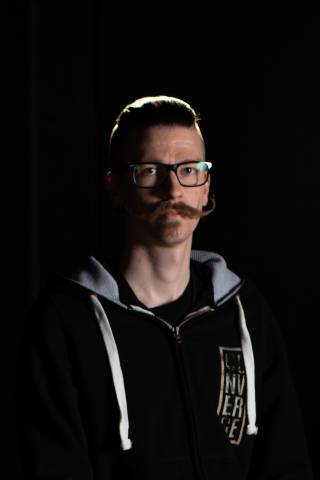
Mäkinen’s research investigates imaging methods to enhance the comfort and immersive experience of next-generation near-eye displays, such as virtual reality headsets. His dissertation addresses the challenges posed by vergence-accommodation conflict, a common issue in current display technologies that can lead to eye strain, discomfort, and nausea.
The study explores two key approaches to resolving this conflict: accommodation-invariant and accommodation-enabling displays. It demonstrates that illuminating displays with coherent light enhances both approaches, improving depth of field and enabling high-quality holographic imaging. Furthermore, Mäkinen proposes a computational method for generating visually accurate holograms with minimal light modelling approximations, integrating machine learning techniques to accelerate the process.
By combining wave optics with advanced signal processing, the research contributes to reducing speckle noise and improving image quality in near-eye displays. Additionally, it introduces a machine-learning-based framework for designing optical elements in coherently illuminated accommodation-invariant displays.
The defence will take place in room SA203 of the Sähkötalo building, starting at 12 PM. The opponents will be Professor Tomasz Kozacki from Warsaw University of Technology, Poland, and Dr. Ali Özgür Yöntem from the University of Cambridge, United Kingdom. The Custos will be Professor Atanas Gotchev from Tampere University.
For more information, check the press release at: https://www.tuni.fi/en/news/jani-makinen-new-imaging-methods-empower-next-generation-near-displays-provide-more
The thesis is available online at Trepo: https://trepo.tuni.fi/handle/10024/152867

